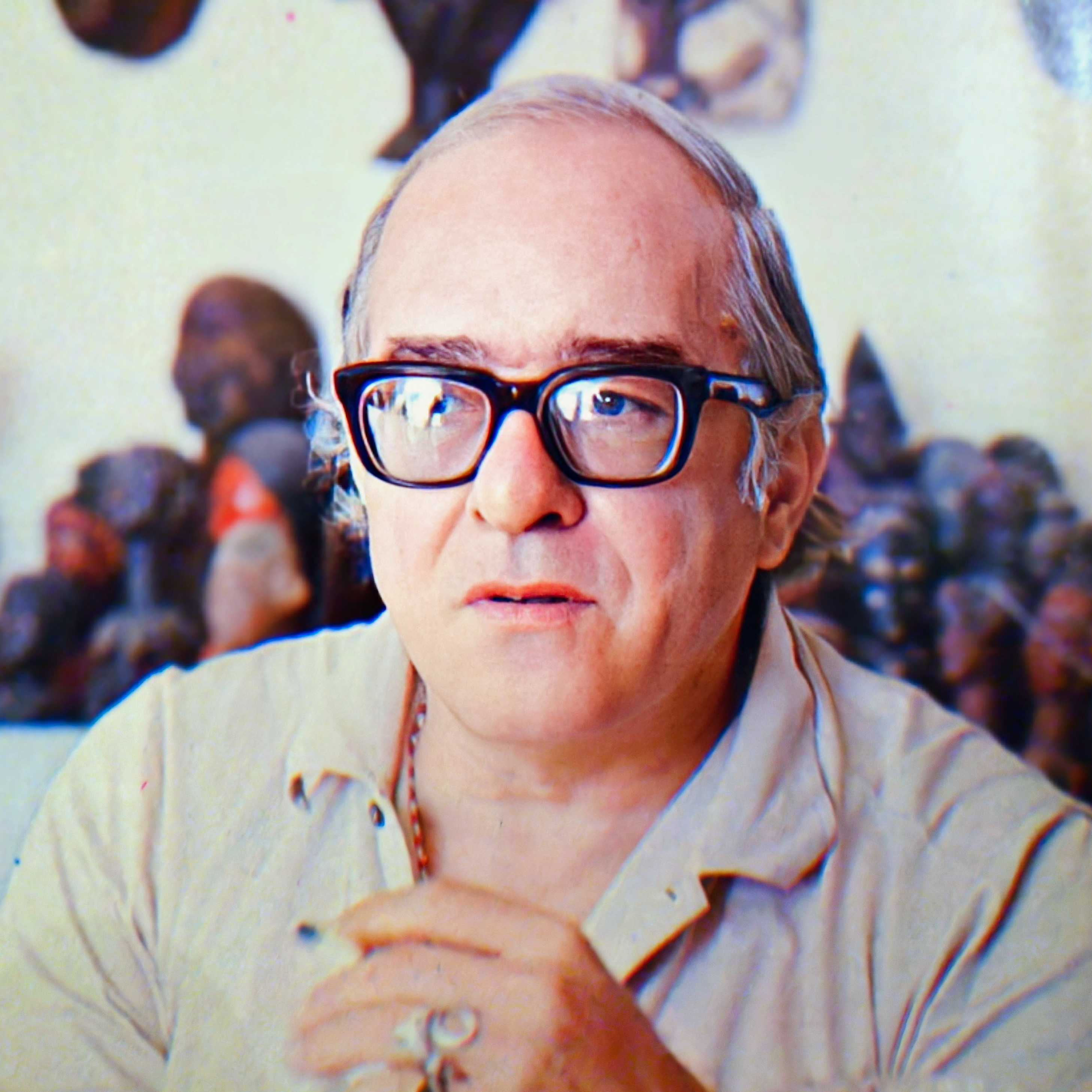Orfeu da Conceição on:
[Wikipedia]
[Google]
[Amazon]
 ' (Orpheus of the Conception) is a stage play with music in three acts by
' (Orpheus of the Conception) is a stage play with music in three acts by ''Orfeu da Conceição'' (1956 LP)
/ref>
''Orfeu da Conceição'', Tragédia carioca em três atos (A tragedy from Rio de Janeiro in three acts)
text 1956 plays Tragedy plays Brazilian plays Plays set in Brazil Plays set in the 1950s Plays based on classical mythology Brazilian plays adapted into films Portuguese-language works Orpheus {{Brazil-lit-stub
 ' (Orpheus of the Conception) is a stage play with music in three acts by
' (Orpheus of the Conception) is a stage play with music in three acts by Vinicius de Moraes
Marcus Vinícius da Cruz e Mello Moraes (19 October 1913 – 9 July 1980), better known as Vinícius de Moraes () and nicknamed O Poetinha ("The little poet"), was a Brazilian poet, diplomat, lyricist, essayist, musician, singer, and playwright ...
and music by Antônio Carlos Jobim
Antônio Carlos Brasileiro de Almeida Jobim (25 January 1927 – 8 December 1994), also known as Tom Jobim (), was a Brazilian composer, pianist, guitarist, songwriter, arranger, and singer. Considered one of the great exponents of Brazilian mu ...
. It premiered in 1956 in Rio de Janeiro. The play became the basis for the films ''Orfeu Negro'' (''Black Orpheus
''Black Orpheus'' ( Portuguese: ''Orfeu Negro'' ) is a 1959 romantic tragedy film made in Brazil by French director Marcel Camus and starring Marpessa Dawn and Breno Mello. It is based on the play ''Orfeu da Conceição'' by Vinicius de Mora ...
'', 1959) and ''Orfeu
''Orfeu'' is a 1999 Brazilian drama film directed by Carlos Diegues, based on the play ''Orfeu da Conceição'' by Vinicius de Moraes. It retells the Greek legend of Orpheus and Eurydice, setting it in the modern context of Rio de Janeiro during ...
'' (1999), and for the musicals ''Orfeu'' (Brazil, 2010) and ''Black Orpheus'' (Broadway, 2014).
The play sets the Greek myth
A major branch of classical mythology, Greek mythology is the body of myths originally told by the ancient Greeks, and a genre of Ancient Greek folklore. These stories concern the origin and nature of the world, the lives and activities of d ...
of Orpheus
Orpheus (; Ancient Greek: Ὀρφεύς, classical pronunciation: ; french: Orphée) is a Thracian bard, legendary musician and prophet in ancient Greek religion. He was also a renowned poet and, according to the legend, travelled with J ...
and Eurydice
Eurydice (; Ancient Greek: Εὐρυδίκη 'wide justice') was a character in Greek mythology and the Auloniad wife of Orpheus, who tried to bring her back from the dead with his enchanting music.
Etymology
Several meanings for the name ...
in a contemporary favela
Favela () is an umbrella name for several types of working-class neighborhoods in Brazil. The term was first used in the Providência neighborhood in the center of Rio de Janeiro in the late 19th century, which was built by soldiers who had ...
in Rio de Janeiro
Rio de Janeiro ( , , ; literally 'River of January'), or simply Rio, is the capital of the state of the same name, Brazil's third-most populous state, and the second-most populous city in Brazil, after São Paulo. Listed by the GaWC as a ...
during the Brazilian Carnival
The Carnival of Brazil ( pt, Carnaval do Brasil, ) is an annual Brazilian festival held the Friday afternoon before Ash Wednesday at noon, which marks the beginning of Lent, the forty-day period before Easter. During Lent, Roman Catholics and s ...
. Started in 1954, the play was first performed on 25 September 1956 at the Teatro Municipal in Rio de Janeiro with a stage setting by Oscar Niemeyer
Oscar Ribeiro de Almeida Niemeyer Soares Filho (15 December 1907 – 5 December 2012), known as Oscar Niemeyer (), was a Brazilian architect considered to be one of the key figures in the development of modern architecture. Niemeyer was ...
. Abdias do Nascimento was in the original cast.
Songs to the play were released on an Odeon-EMI LP (MODB 3.056) in the year of the play's premiere./ref>
References
External links
''Orfeu da Conceição'', Tragédia carioca em três atos (A tragedy from Rio de Janeiro in three acts)
text 1956 plays Tragedy plays Brazilian plays Plays set in Brazil Plays set in the 1950s Plays based on classical mythology Brazilian plays adapted into films Portuguese-language works Orpheus {{Brazil-lit-stub